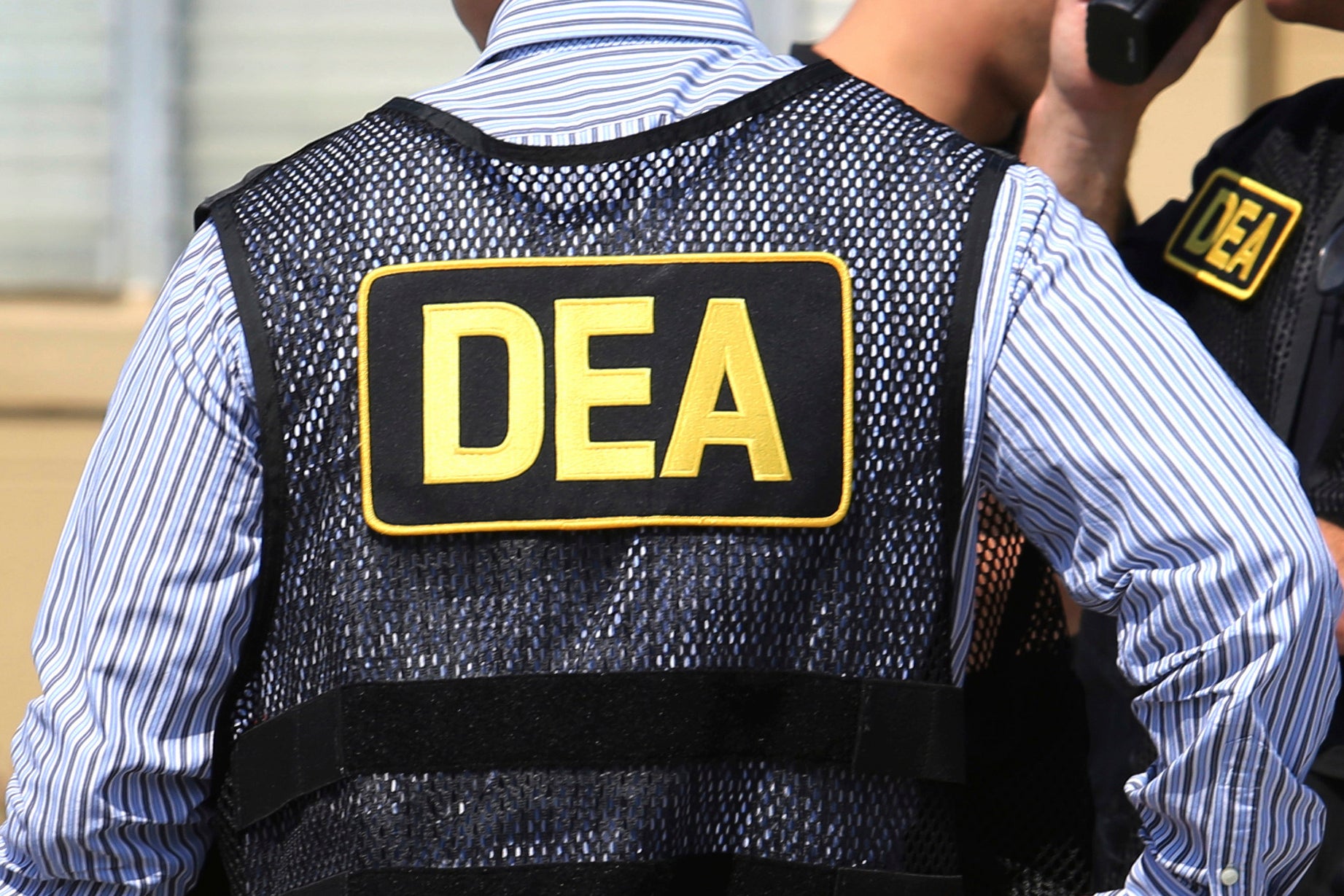Watchdog blasts DEA for not reporting waterboarding, torture by Latin American partners
A federal government watchdog is blasting the U.S. Drug Enforcement Administration for failing to timely report human rights violations committed by Latin American law enforcement partners who admitted to torturing crime suspects

A federal government watchdog is blasting the U.S. Drug Enforcement Administration for failing to timely report human rights violations committed by Latin American law enforcement partners who admitted to waterboarding, suffocating and torturing crime suspects.
The management advisory memorandum published Tuesday by the Justice Department’s Office of the Inspector General centers on the DEA’s obligations under what’s known as the Leahy Act, which prohibits the U.S. from providing foreign assistance to security forces that violate human rights.
Foreign police officers and units working closely with the DEA in the frontlines of the war on drugs must undergo vetting to comply with the law, one of the U.S.’ most important tools to promote respect for human rights among security forces.
The Inspector General, as part of an ongoing audit of the DEA's use of polygraph examinations as part of the vetting process, found five instances in which the DEA failed to notify the State Department of potential violations that it turned up last year.
In one instance, three officers from an unidentified Central American nation admitted to waterboarding and placing plastic bags over the heads of suspects to obtain information, the watchdog said. Another, also from Central America, and who was previously approved to receive training from another federal U.S. agency, acknowledged using a Taser until suspects passed out or vomited. Finally, an officer from a DEA-run unit in a South American country admitted to beating a detained suspect while they were handcuffed to a chair.
In all five instances, the DEA waited until the Inspector General raised concerns — in one case almost nine months — before reporting their findings to the State Department.
The DEA did not immediately respond to a request for comment.
But as part of the audit, it told the Inspector General that at the time of the incidents it did not have a policy, procedures and training in place to ensure the potential violators are brought to the attention of the State Department. It has since updated its policies to train agents in the Leahy Law's guidelines and ensure violators are identified in a timely fashion.
Last week the Inspector General published a 49-page report detailing how the DEA in recent years has hired almost 300 special agents and research analysts who either failed to pass a required polygraph exam during the onboarding process or provided disqualifying information during the examination.
While polygraph exams are typically not admissible in court proceedings, they are frequently used by federal law enforcement agencies and for national security clearances.
The DEA had long been a holdout among federal law enforcement agencies in not requiring applicants to pass a lie detector test before being hired. But in 2019, after a series of overseas scandals, including revelations that a once-star agent in Colombia who conspired with cartels was hired despite showing signs of deception on a polygraph, it tightened its procedures.
Bookmark popover
Removed from bookmarks